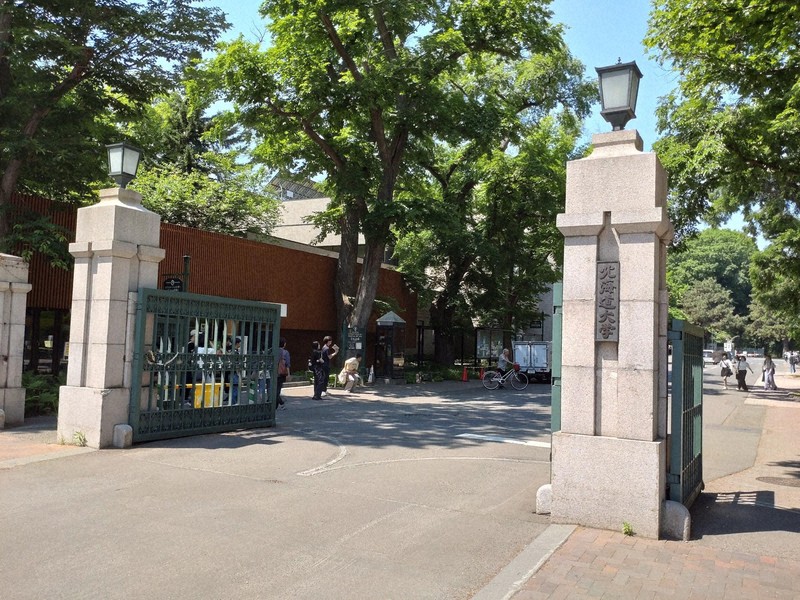SAPPORO — Hokkaido University’s chemistry department has permitted several associate professors — who had previously complained of systematic isolation and exclusion within the department — to run independent research laboratories and resume supervising students, the Mainichi Shimbun has learned.
Some professors had reportedly remained isolated for over four years, forced to carry out research entirely alone with no students and no institutional support. Their situation has partially improved following their appeals for redress.
The chemistry department had previously labeled associate professors who remained behind after their supervising professors retired or transferred as “former staff” and separated them from other faculty. In the 2020 academic year, a departmental faculty meeting established internal rules targeting such “former staff,” which included prohibiting the assignment of new students, relocating their office spaces, preventing them from conducting laboratory management tasks in principle and barring them from joining new professors’ research groups.
Because new students could not join their research teams, affected associate professors were effectively required to perform their research without student collaborators. In January 2024, some associate professors submitted a formal complaint to the Faculty of Science’s administration stating that the departmental treatment amounted to “an act intended to force us out.”
By June this year, the chemistry department publicly acknowledged improvements, announcing on its official website that three of the four affected associate professors were now permitted to operate independent new laboratories within the department. The department also confirmed that fourth-year undergraduate students had been newly assigned to their labs. However, one associate professor remained excluded, likely due to a question regarding qualifications for supervising doctoral students.
Unclear if exclusionary rules have been abolished
When questioned by the Mainichi Shimbun in March this year regarding the improved conditions for affected associate professors, the departmental committee declined to clarify whether its controversial internal rules had been abolished. Citing reputational damage to faculty and possible disruptions to teaching and research, the committee responded only by stating, “We have made steady progress, but we will refrain from answering specific questions.”
It remains unclear whether these current improvements constitute temporary measures or a permanent policy change that will also apply to associate professors left behind when their supervisors leave their posts.
Eisuke Enoki, director of Kaseiken, a research institute devoted to science, policy and society, and who has expertise on workplace issues at research institutions, described the improvements as only “a return to a normal state, moving from negative to zero.”
“The department bears heavy responsibility for causing hardship to researchers for a prolonged period,” Enoki stated, urging transparency from the committee regarding the status of the internal policy. He added, “Institutions that do not treat their people with respect cannot attract quality talent.”
(Japanese original by Shimpei Torii, Hokkaido News Department)







